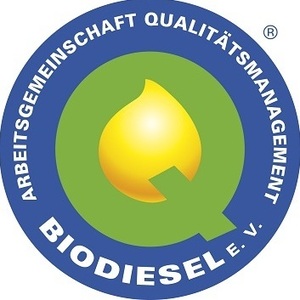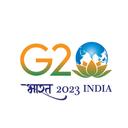New report shows excellence in German biodiesel fuel quality

April 30, 2020
BY AGQM
Since 2010, Germany’s biodiesel quality management association AGQM has published an annual report on the quality of biodiesel produced and traded by its members. This report shows the results of the unannounced sampling of the respective year.
In 2019, three sampling campaigns were carried out, which show excellent biodiesel quality and a significant improvement compared to the previous year 2018. In 59 samples taken, resulting in 1,062 analysis data, only seven limit violations ​​could be determined.
Of particular note is the absence of limit violations in the 2019 summer campaign. While the hot temperatures in summer 2018 still led to a significant number of abnormalities, the members were able to draw the right conclusions and successfully adjust their quality assurance measures in 2019.
The result shows that unannounced sampling is an effective means of detecting abnormalities and taking countermeasures as quickly as possible. In this way, AGQM and its members make an important contribution to the stable and high-quality supply of the European fuel market with biodiesel as a sustainable and greenhouse gas-reduced biofuel.
Advertisement
In addition to the encouraging results of the summer campaign, the results for the parameters alkali metals, alkaline earth metals and phosphorus, which are classified as critical for exhaust gas aftertreatment systems, should also be emphasized. Measured values ​​well below the limit value of the standard indicate the suitability of biodiesel in higher admixtures such as B20 and B30 or even as pure fuel (B100) when using modern exhaust gas treatment systems. So, there is already the opportunity to make an active contribution to climate protection.
The detailed Biodiesel Quality Report 2019, as well as an overview table of the individual parameters, can be downloaded in the “quality” section on the AGQM homepage.
Advertisement
Related Stories
Clean Fuels Alliance America on June 10 announced the launch of the newly redesigned BQ-9000 website, delivering a streamlined and user-friendly experience that better showcases the value of biodiesel quality assurance.
Global Biofuels Alliance launches at G20 Summit
President Joe Biden on Sept. 9 joined leaders of India, Argentina, Brazil, Italy, Mauritius and the United Arab Emirates to launch the Global Biofuels Alliance. The launch took place on the sidelines of the G20 Summit in New Delhi.
Neste is disputing a report filed with the USDA that suggests the company may have received fraudulent used cooking oil (UCO) volumes at its renewable products refinery in Singapore, specifically virgin palm oil from Indonesia.
Members of the European Parliament (MEPs) on Sept. 13 approved a new law that ramps up requirements for sustainable aviation fuel (SAF) within the European Union but sets limits on what types of feedstocks that fuel can be made from.
Clean Fuels outlook predicts growing supplies of used cooking oil
Global used cooking oil (UCO) supplies are anticipated to rise from 3.7 billion gallons in 2022 to between 5 billion and 10 billion gallons by 2030, according to a report released by Clean Fuels Alliance America on Sept. 13.
Upcoming Events










